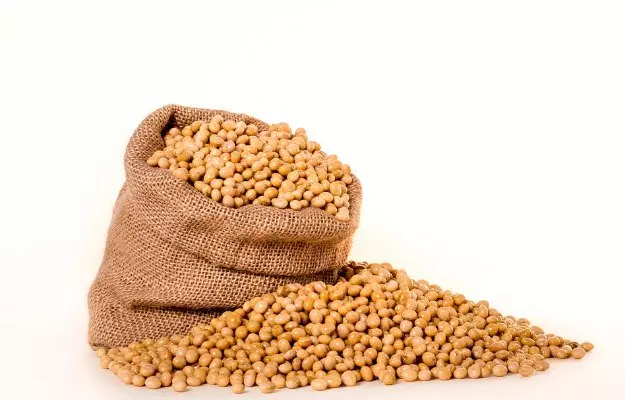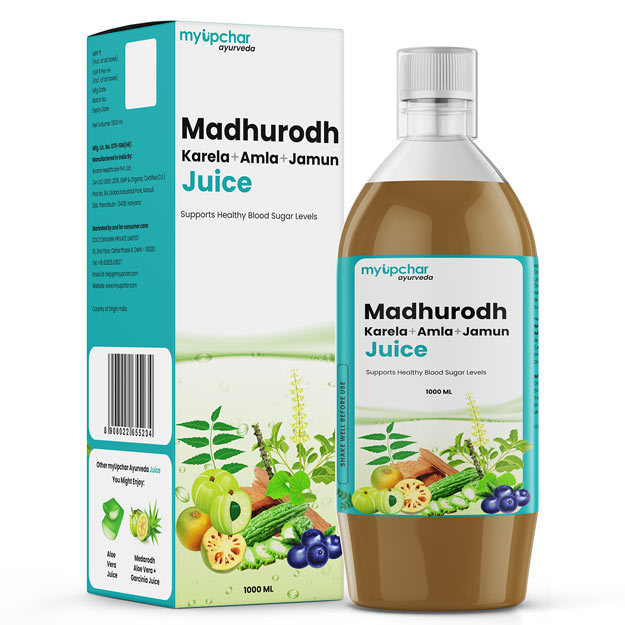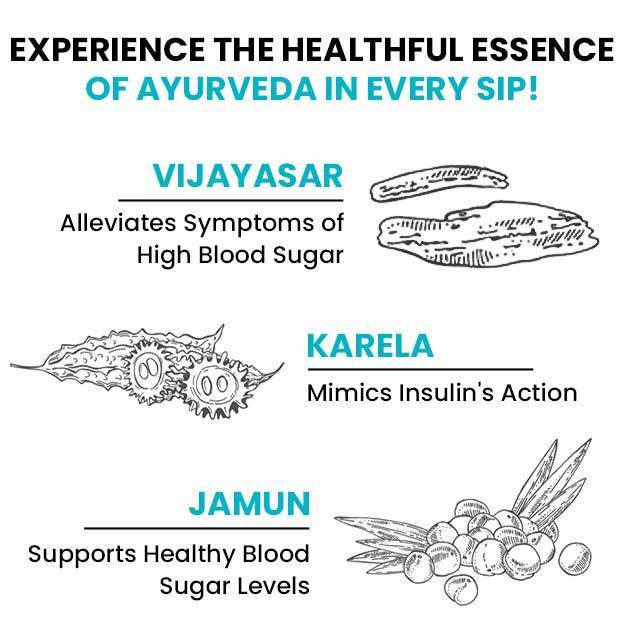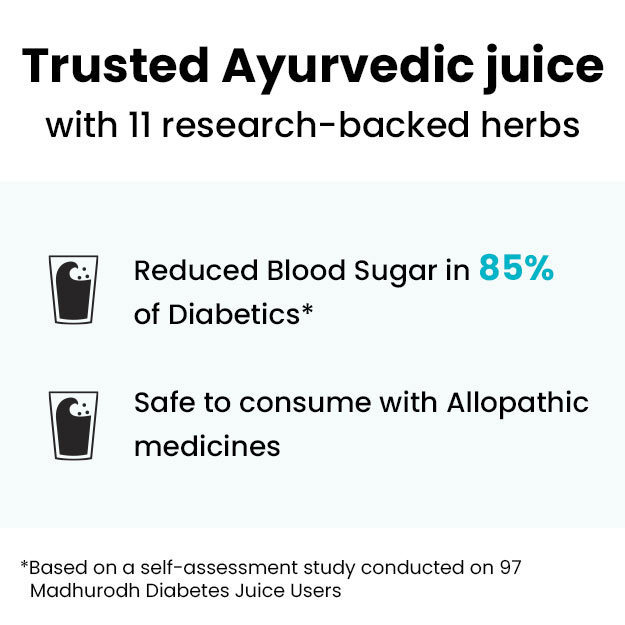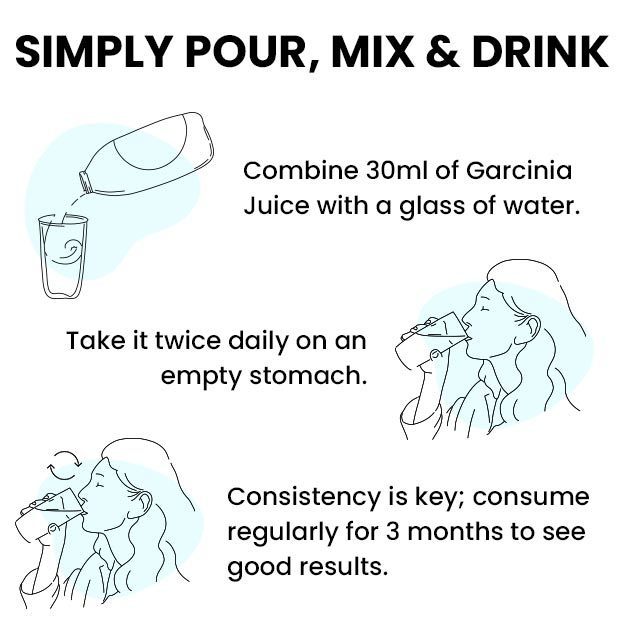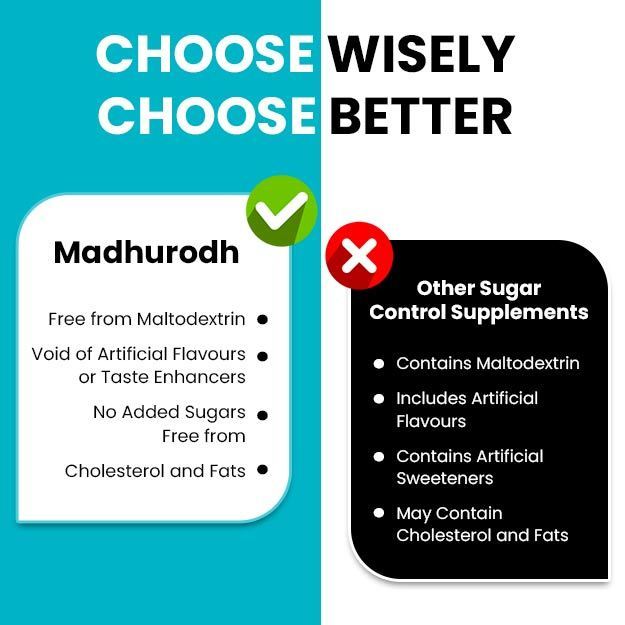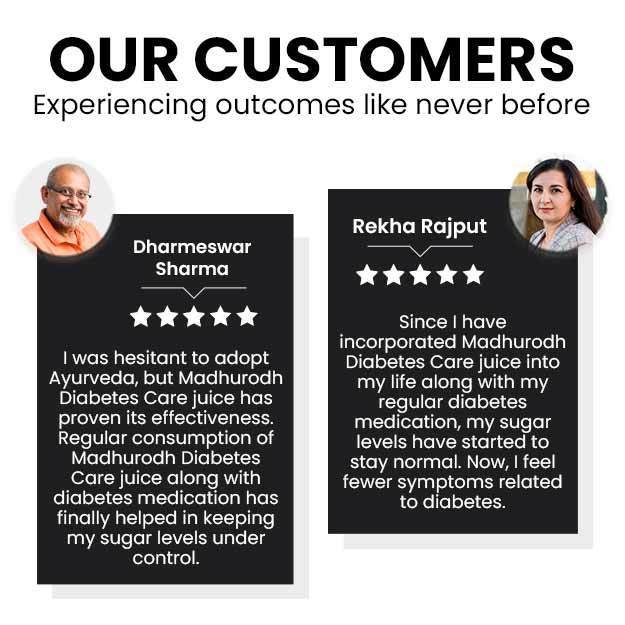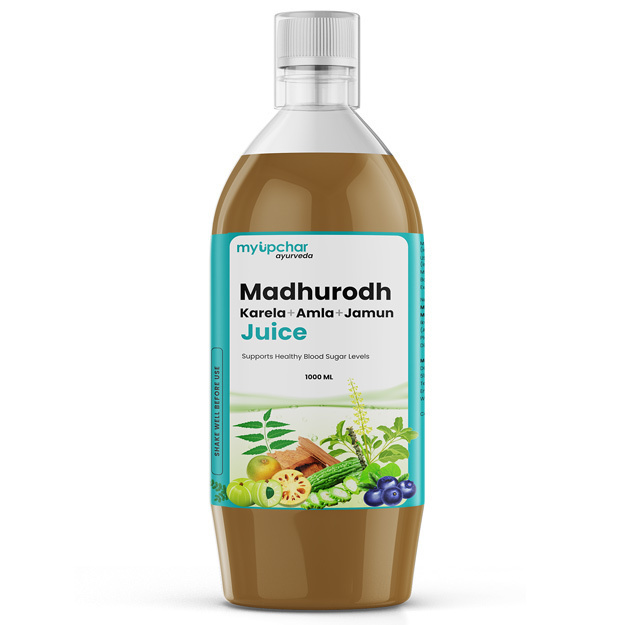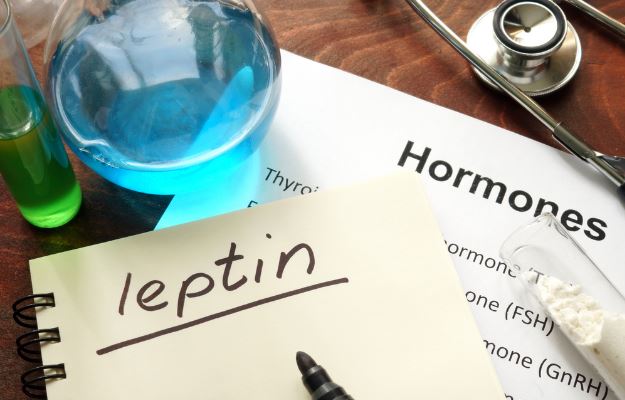Soybean or soybean is an edible seed that belongs to the pea family. The seeds are produced in tiny pods borne by the soybean plant. Soybean seeds are spherical in shape and their colour varies from green when they are fresh to yellow and brown as they dry.
Soybeans are believed to have originated in Southeast Asia, specifically in China. It then slowly spread to Japan and the other parts of the world. Currently, soybean is cultivated all over. The United States is the top soybean producing country in the world. This is followed by Brazil, Argentina and China. In India, the largest soybeans producing states are Madhya Pradesh, Maharashtra and Rajasthan.
Soybeans are used to make various soy-based foods such as soy milk and tofu. It is also used as a substitute for various meat and dairy products. In Asian countries, soy is used as the main constituent of fermented foods such as soy sauce, tempeh, fermented bean paste, and miso. Soybeans can also be used to extract soybean oil. Once, the soybean oil is extracted, the remains called the soybean meal, highly rich in protein can be used either to produce soy protein or can be used as feed livestock.
Soybeans are highly nutritious in various vitamins, minerals and proteins. They can help control diabetes, reduce weight and maintain heart health. Soybeans can also be used to prevent sleep disorders and improve digestion. Soybeans are toxic when eaten raw. So it must be cooked properly before consuming.
Some basic facts about Soybeans
- Botanical name: Glycine max
- Family: Fabaceae
- Common name: Soybeans, Soya
- Sanskrit name: सोयामाष (Soyamasah)
- Parts used: The outer shell of soybeans is not edible, so they are shelled to get the beans from the inside
- Geographical distribution: Soybean is one of the fastest-growing crops in India and is grown as a Kharif crop. Bhopal is the largest producer of soybeans in India
- Interesting fact: During the Civil war, people used soybeans instead of coffee seeds, since they were scarce

